
Origin/Endemic status: Native
Synonymy: < Carex pennsylvanica – S, Mackenzie (1931-1935), orthographic variant; < Carex pensylvanica Lam. – Ar, FNA23, GrPl, Il, K1, K3, K4, Mi, Mo1, NE, NY, Pa, Tat, Tn, Va, W, Poindexter & Naczi (2014); < Carex pensylvanica Lam. var. pensylvanica – C, F, G, RAB
Heliophily: 5
Hover over a shape, letter, icon, or arrow on the map for definition or see the legend.
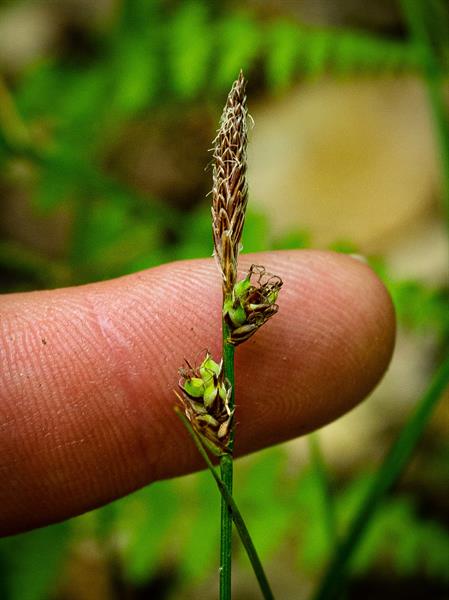 © Erik Danielson source | Original Image ⭷
© Erik Danielson source | Original Image ⭷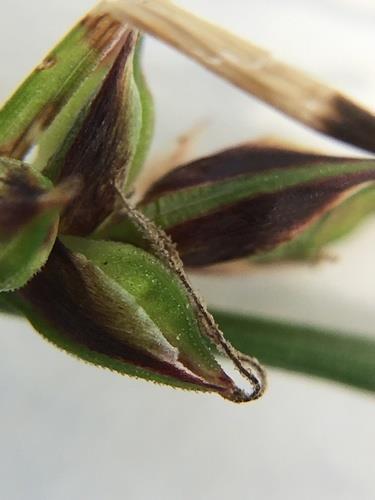 © Joey Shaw source | Original Image ⭷
© Joey Shaw source | Original Image ⭷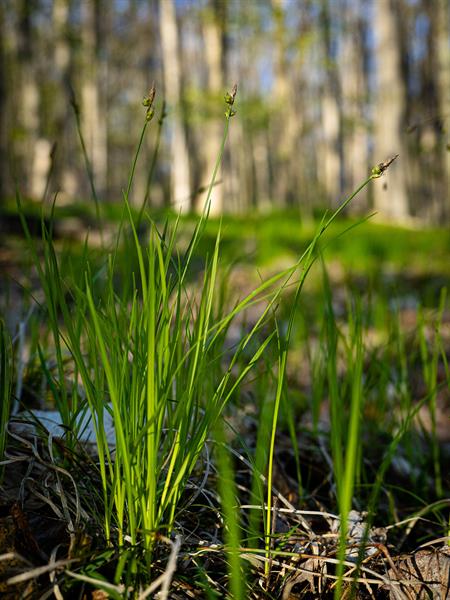 © Erik Danielson source | Original Image ⭷
© Erik Danielson source | Original Image ⭷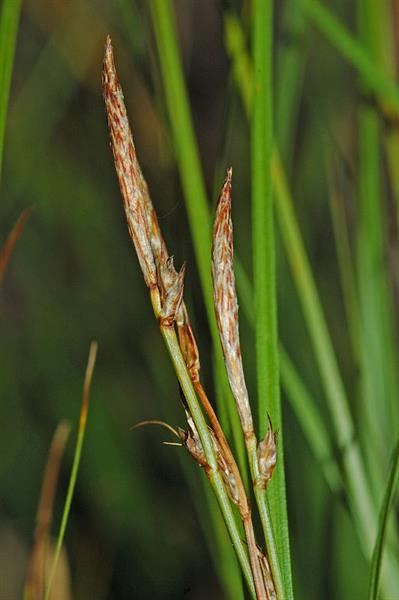 © Gary P. Fleming | Original Image ⭷
© Gary P. Fleming | Original Image ⭷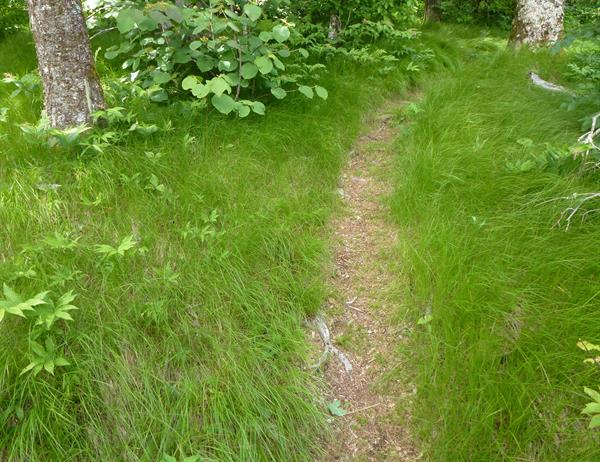 © Edwin Bridges | Original Image ⭷
© Edwin Bridges | Original Image ⭷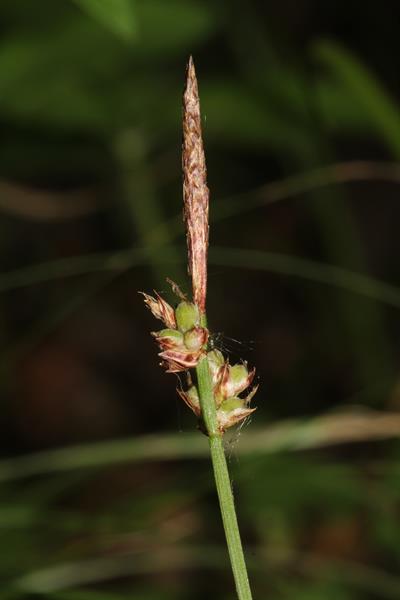 © Scott Ward | Original Image ⭷
© Scott Ward | Original Image ⭷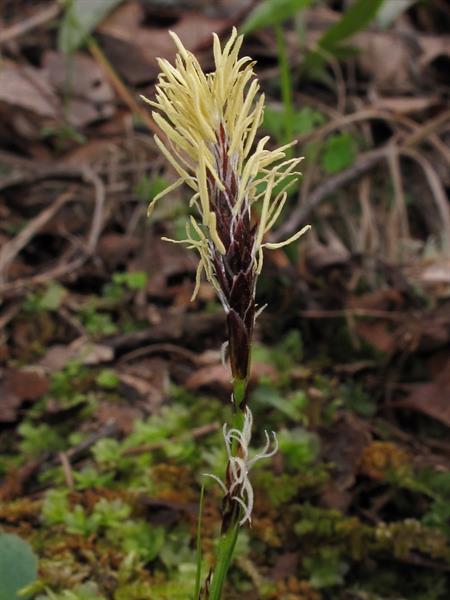 © Alan Cressler: Carex pensylvanica (group), possible identification, Stone Mountain, Stone Mountain Park, Dekalb County, Georgia 2 by Alan Cressler source | Original Image ⭷
© Alan Cressler: Carex pensylvanica (group), possible identification, Stone Mountain, Stone Mountain Park, Dekalb County, Georgia 2 by Alan Cressler source | Original Image ⭷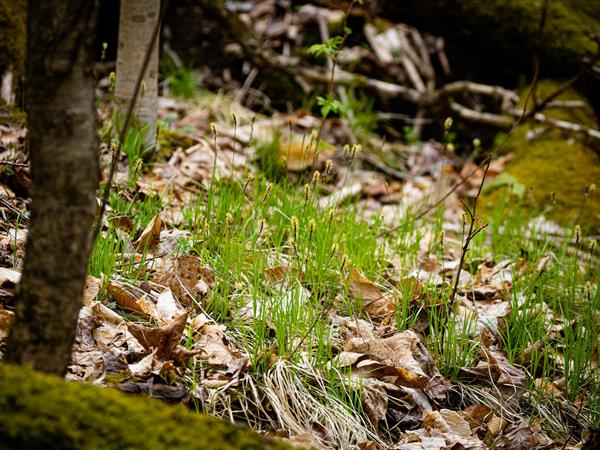 © Erik Danielson source | Original Image ⭷
© Erik Danielson source | Original Image ⭷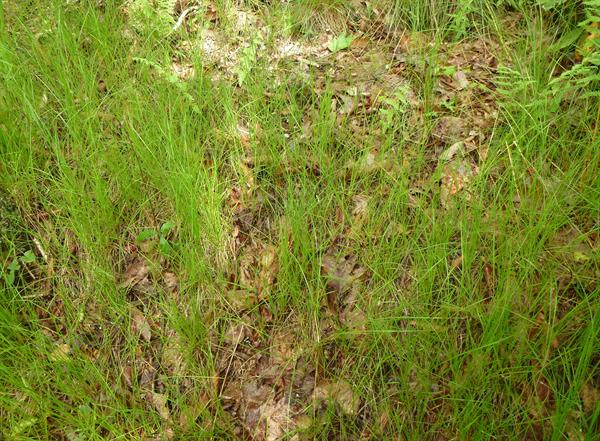 © Edwin Bridges | Original Image ⭷
© Edwin Bridges | Original Image ⭷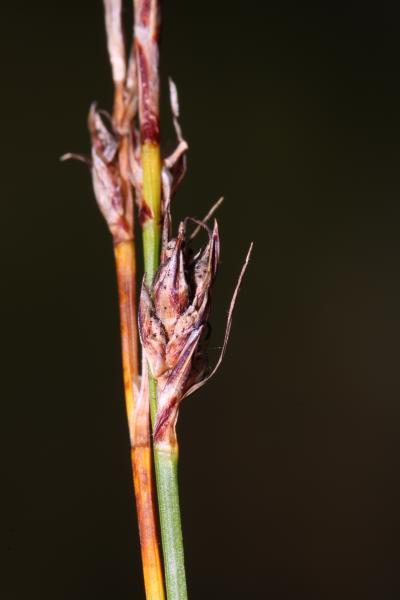 © Scott Ward | Original Image ⭷
© Scott Ward | Original Image ⭷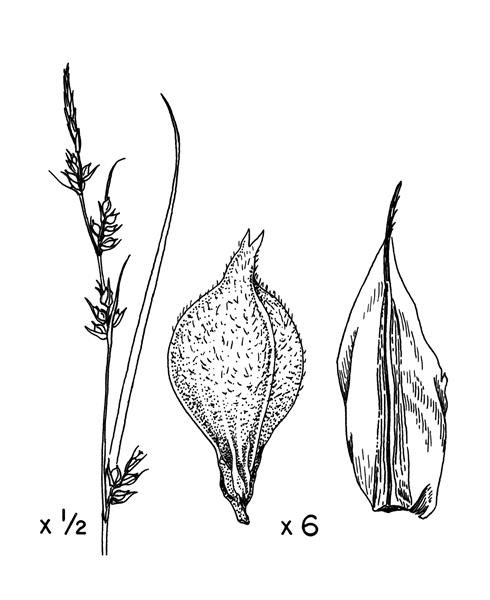 © Radford, Ahles and Bell | Original Image ⭷
© Radford, Ahles and Bell | Original Image ⭷Feedback
See something wrong or missing on about Carex pensylvanica? Let us know here: (Please include your name and email if at all complicated so we can clarify if needed.)
Cite as...